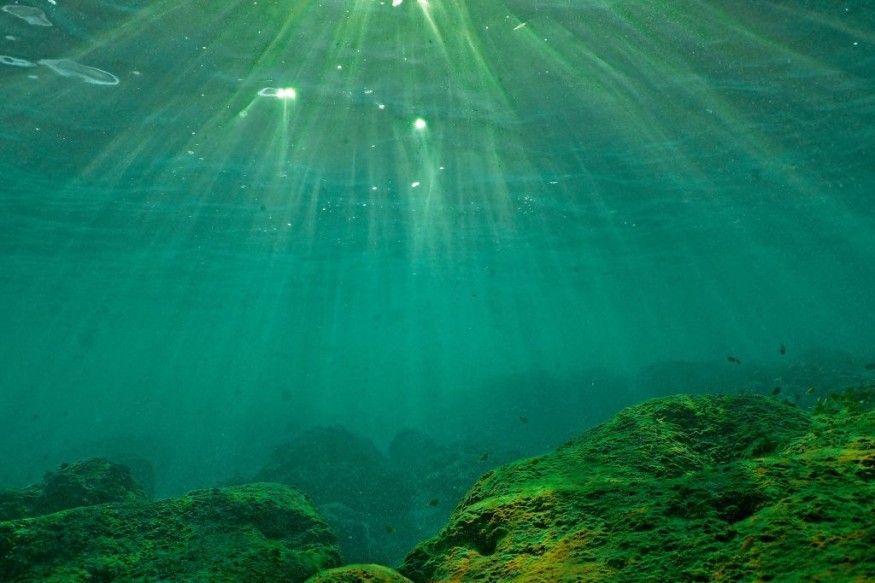The latest report warned of the effects of warming on the emergence of deadly Vibrio bacteria that affect the population of sea sponges and other marine animals.
The problem of rising temperatures has been a major concern for experts and scientists. Hotter ocean temperatures can affect coral reef systems, marine animals and their foraging habitats.
In addition, it can cause longer migration for many animals to look for potential food. As a result, the mitigation of the warming trend is essential, and monitoring of affected marine life.
In the new report, researchers raised concerns over the emergence of deadly Vibrio bacteria. The increasing temperatures are favorable for the bacteria to thrive and infect other marine animals, including the tropical and subtropical corals.
The marine vibrio bacteria can be found in brackish and seawater. The bacterial disease can result in economic losses and deaths of marine animals. They are mostly present between May and October.
Warm-Stricken Sea Sponges

People can also get vibriosis by eating infected oysters and shellfish. It can result in skin infection. In the US, about 80,000 Americans get vibriosis every year.
In a research published in Frontiers in Microbiology, researchers discovered the impacts of the said bacteria on the dark stinging sponge (Sarcotragus foetidus).
According to reports, sponges play a crucial role in marine animals and their habitats, especially for the coral reef system. They helped with the water quality, water filtration and bacteria. While they can adapt to the changing temperatures
As a result, the protection of sea sponges is important as they struggle against rising temperatures. Vibrio bacteria were detected in the dark stinging sponge in the Aegean Sea.
The researchers from Spain and Turkey raised concerns over the health decline of the dark stinging sponges in the region. They discovered different three species of Vibrio bacteria:
- V. gigantis
- V. owensii
- V. fortis
In addition, the shallow-water stony corals are likely affected by the bacteria in the Northern Aegean.
The Role of Climate Change in Rising Temperatures
On the other hand, climate change, driven by human activities, is linked to the rising temperatures that affect many corals and other marine animals.
The state of species could be exacerbated due to the heat-loving bacteria.
The rising global temperatures can affect the coral polyps, impacting the algae formation. Corals can suffer from bleaching, causing more serious health decline.
In addition, climate change is also linked to extreme weather events, such as hurricanes, storms, cyclones, wildfires, heatwaves and prolonged droughts.
With El Nino in place, the forecast explained that temperatures can likely become hotter.
For more similar, don't forget to follow Nature World News.
© 2025 NatureWorldNews.com All rights reserved. Do not reproduce without permission.





